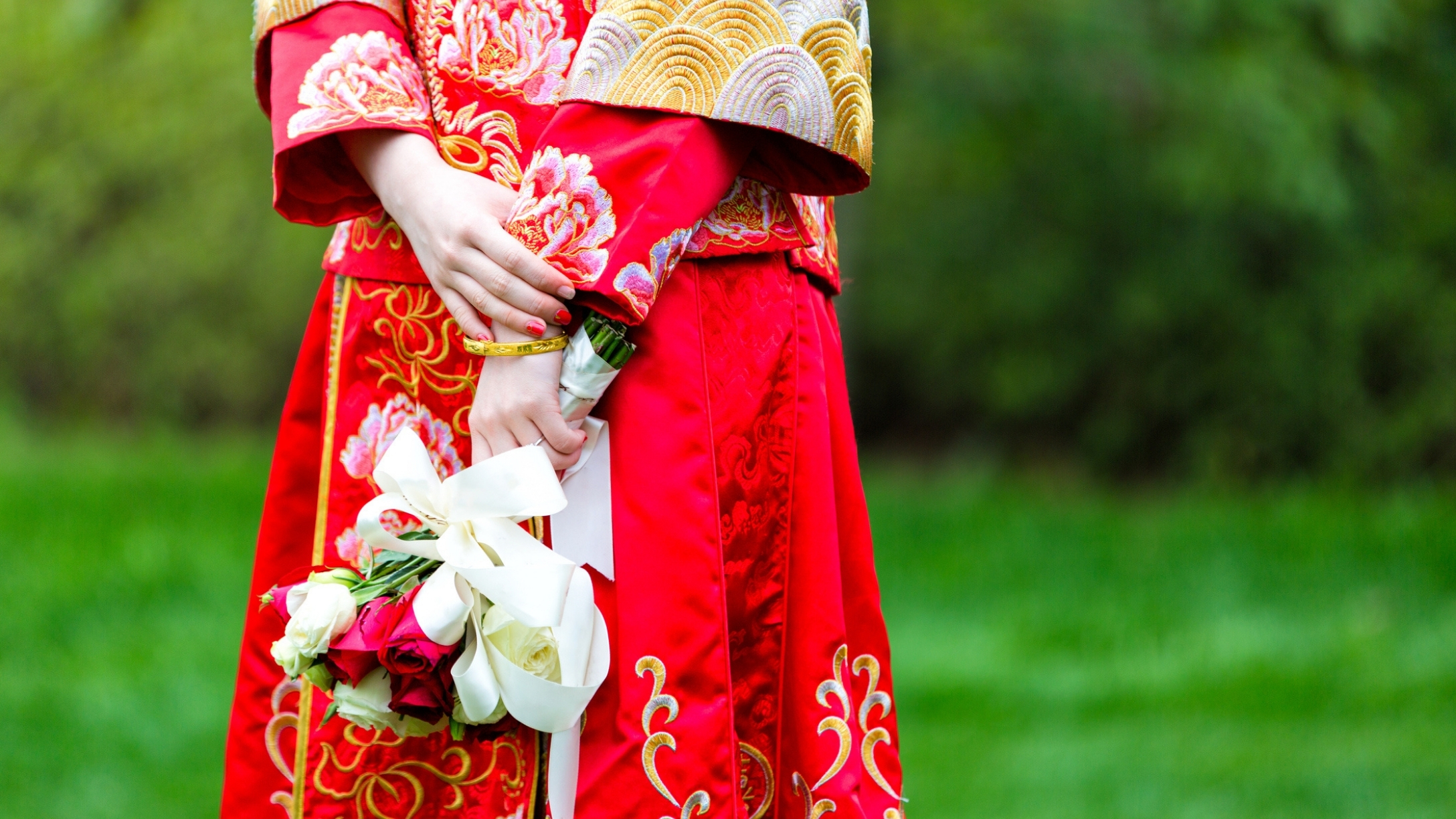
In China, the belief in the afterlife is common and strong. Families regularly make offerings to the ghosts of their ancestors to ensure that they are well taken care of in their next life. Offerings are made of paper, including money and little houses, which are burned to send the offerings up to the afterlife.
For families in rural provinces such as Shanxi, Shaanxi, and Henan, there are serious concerns when a member of the family dies unmarried. Living relatives believe these souls will be lonely in the afterlife without a partner. That's where ghost marriages come in.
In certain areas of China, ghost marriages allow a living person to marry a deceased person to spare the deceased from loneliness in the afterlife. They also believe that a happy ghost is less likely to haunt you than an unhappy one, so getting a partner is also a protection for those who are still living.

The custom of ghost marriages has gone on in China for over 3,000 years. Originally, families tried to find families with deceased loved ones to arrange marriages between two deceased individuals. In more modern times, however, it's not uncommon for a living person to marry a ghost.
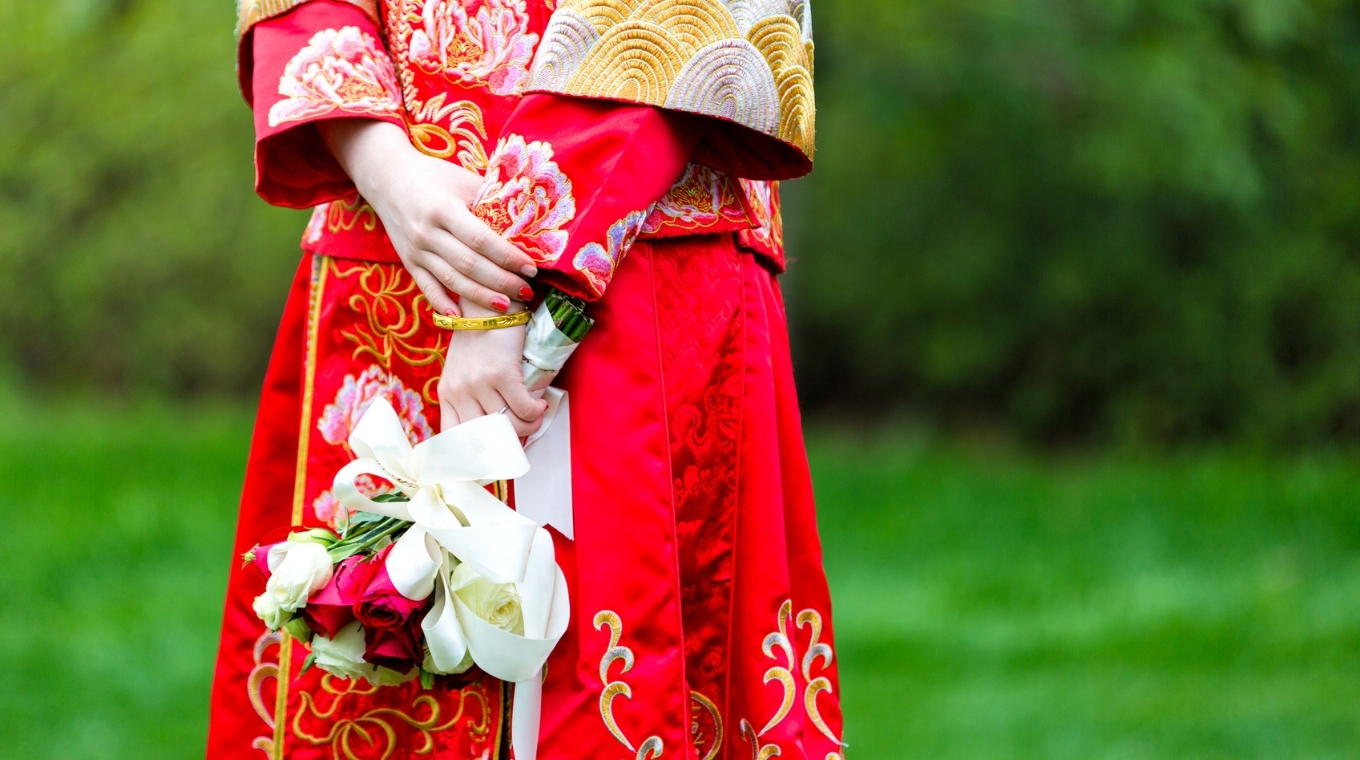
There's also the matter of continuing the family line. Descendants look after the spirit tablets of deceased family members, which are placards associated with a deceased person that are used in rituals of remembrance. Chinese people believe one of the important things about having children is the continuation of this tradition.
That means that if a deceased man is married after he dies, the family can adopt an heir for him. Families prefer that a brother of the deceased will assign one of his own sons to be the heir.
To make an adopted heir official, a written contract is placed under the deceased's tablet. The son can then inherit his new father's share of the family estate, but he must also make appropriate offerings to his adopted father.
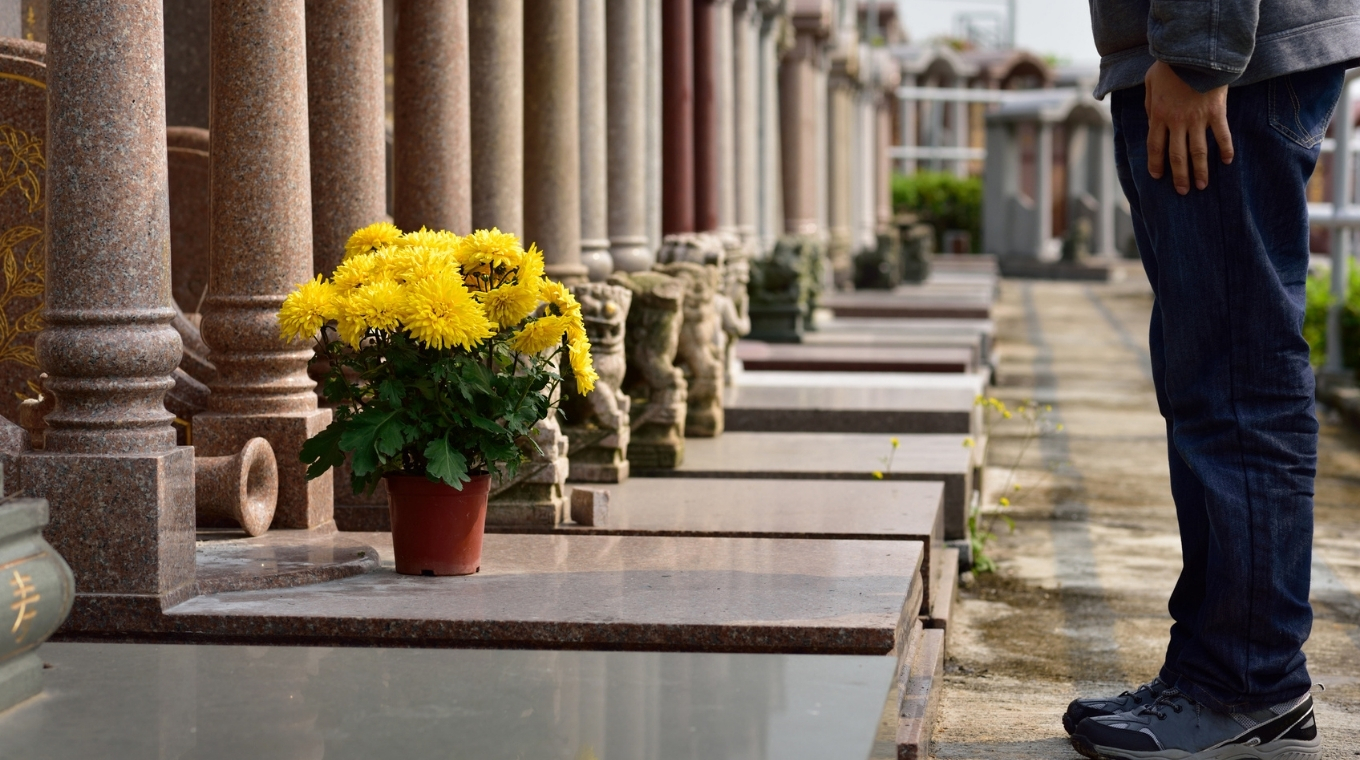
In some parts of China, unmarried men cannot be buried in family plots because they're considered to have brought shame on the ancestors by not continuing the family line. Unmarried women will be denied a formal burial at all.
Her relatives are also not allowed to place her spirit tablet with those of the rest of the family, giving her a paper tablet that is placed in a corner near the door instead. A ghost marriage will ensure that her spirit tablet is cared for by her husband's family on their altar.
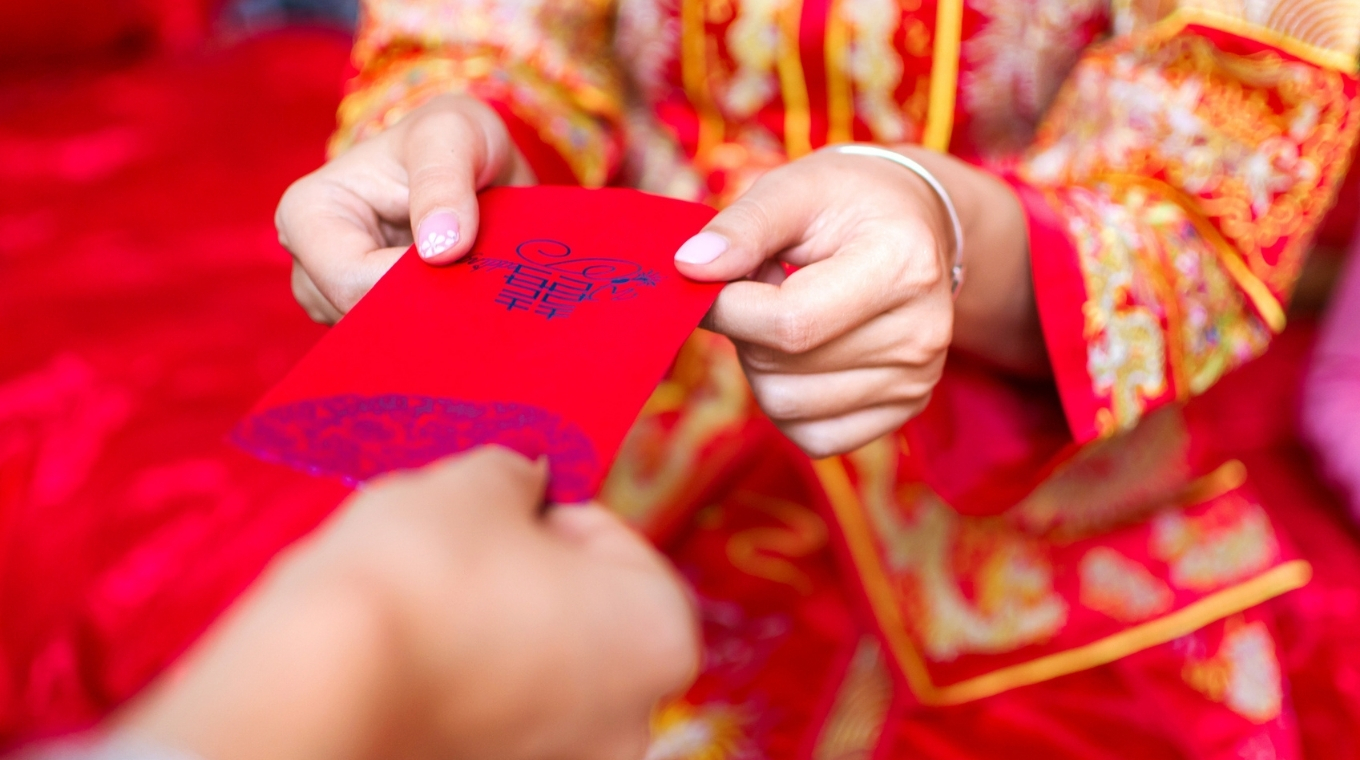
Ghost weddings can also be useful to living partners. Unmarried women, who are viewed as shameful or a burden, often find themselves shunned by society. A ghost marriage can improve her standing in the community and earn her a place in her husband's family home.
Chinese tradition doesn't allow younger brothers to wed before their older brothers do. If an older brother dies without marrying, a ghost wedding will make it possible for younger brothers to marry without breaking from tradition or displeasing the older brother's ghost.
Families go through great lengths even with ghost weddings to make sure that the match is right. Feng shui matchmakers who specialize in ghost marriages often walk the families through the process. Their prices have gone up as the practice has continued strong. From 1986 to 2016, the cost went from around 5,000 yen ($1,035) to 150,000 yen ($31,059).
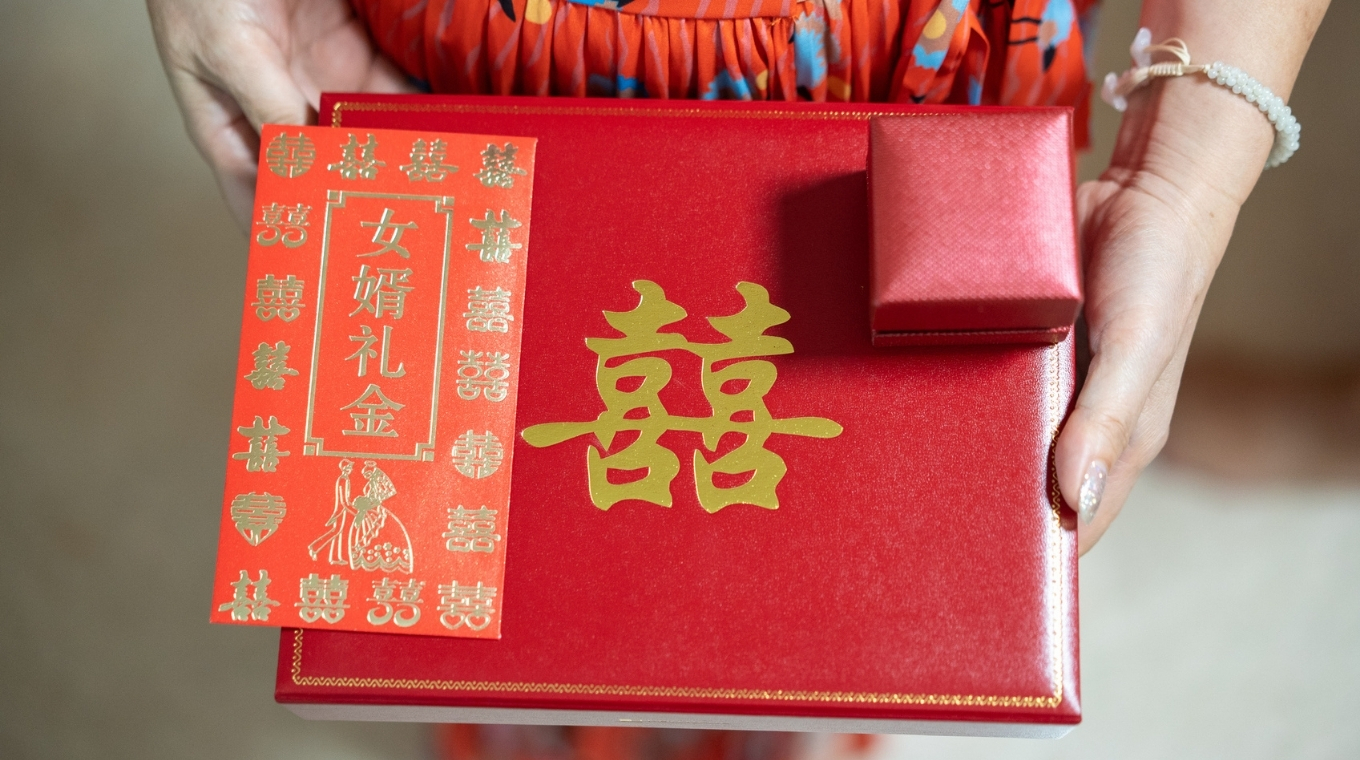
A ghost wedding itself is a similar process to a traditional Chinese wedding, but with added funeral elements such as bamboo effigies. Paper dowries are offered up, burned to make it to the afterlife.

Sadly, ghost marriages have also been used to excuse acts of violence. Ghost brides are hot commodities because of the uneven ratio of men and women in the country. Families will auction dead or dying daughters for ghost marriages, which have led to crimes such as grave-robbing, kidnapping, and murder.




